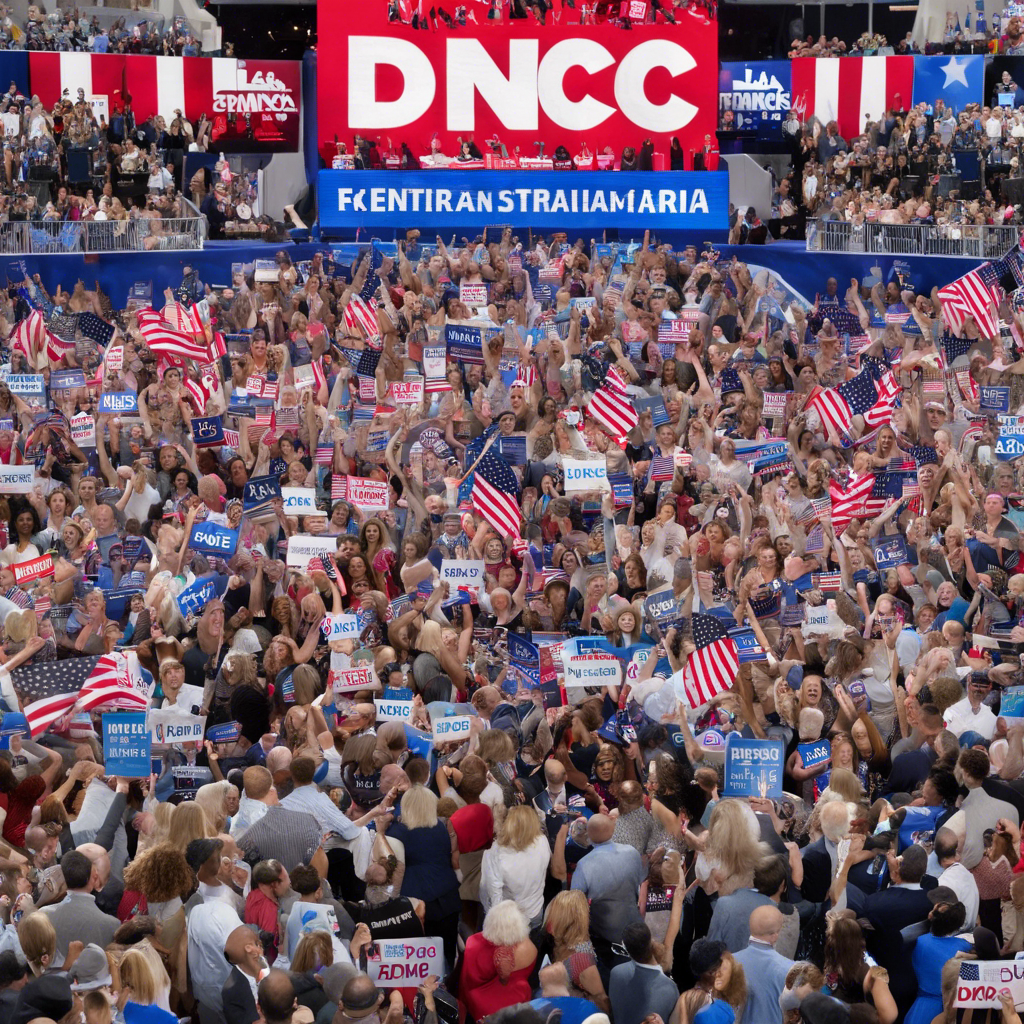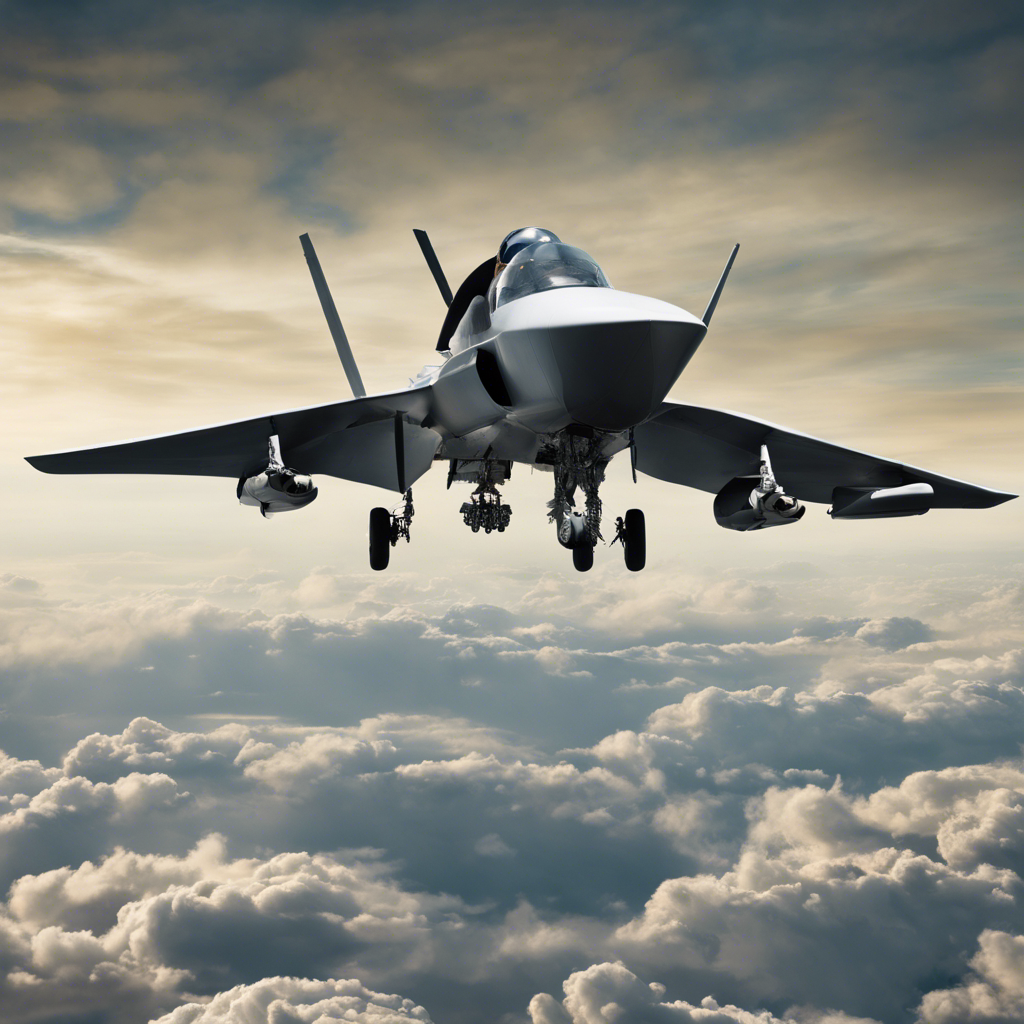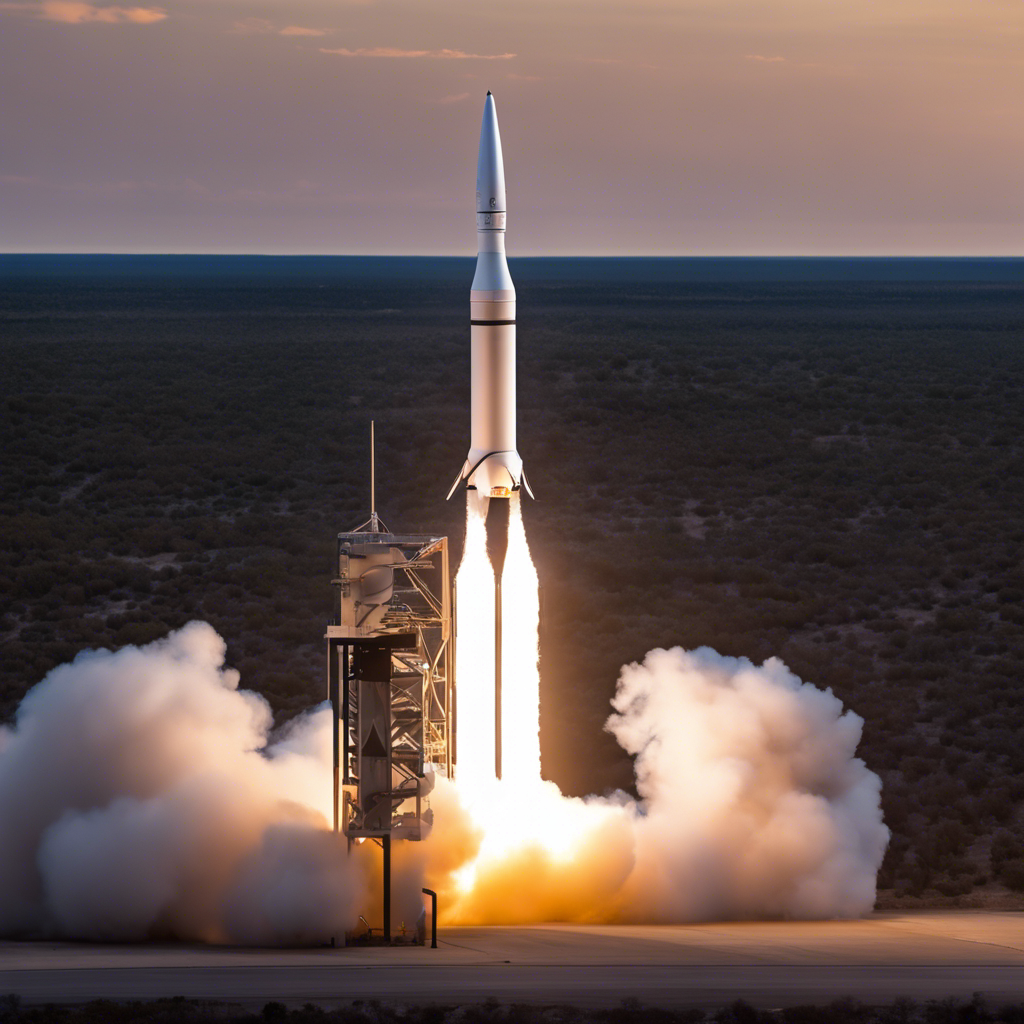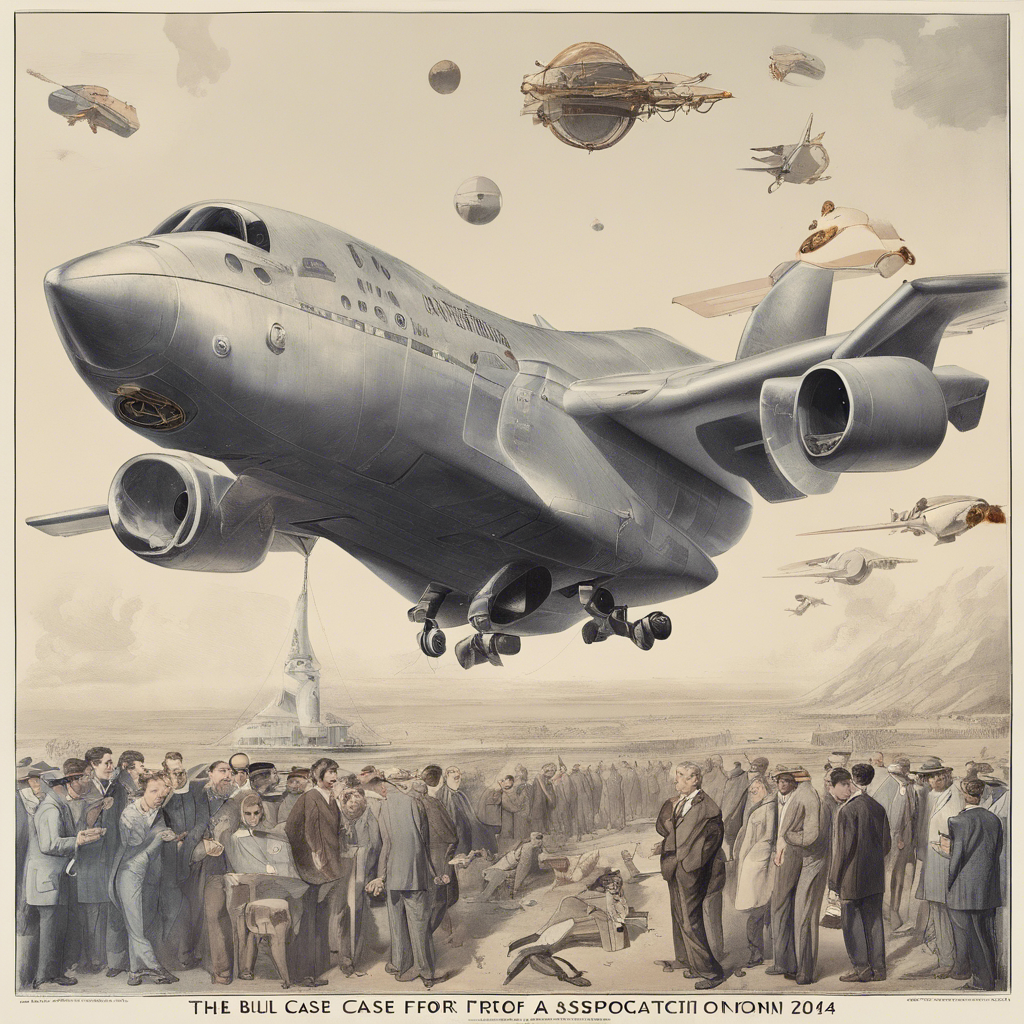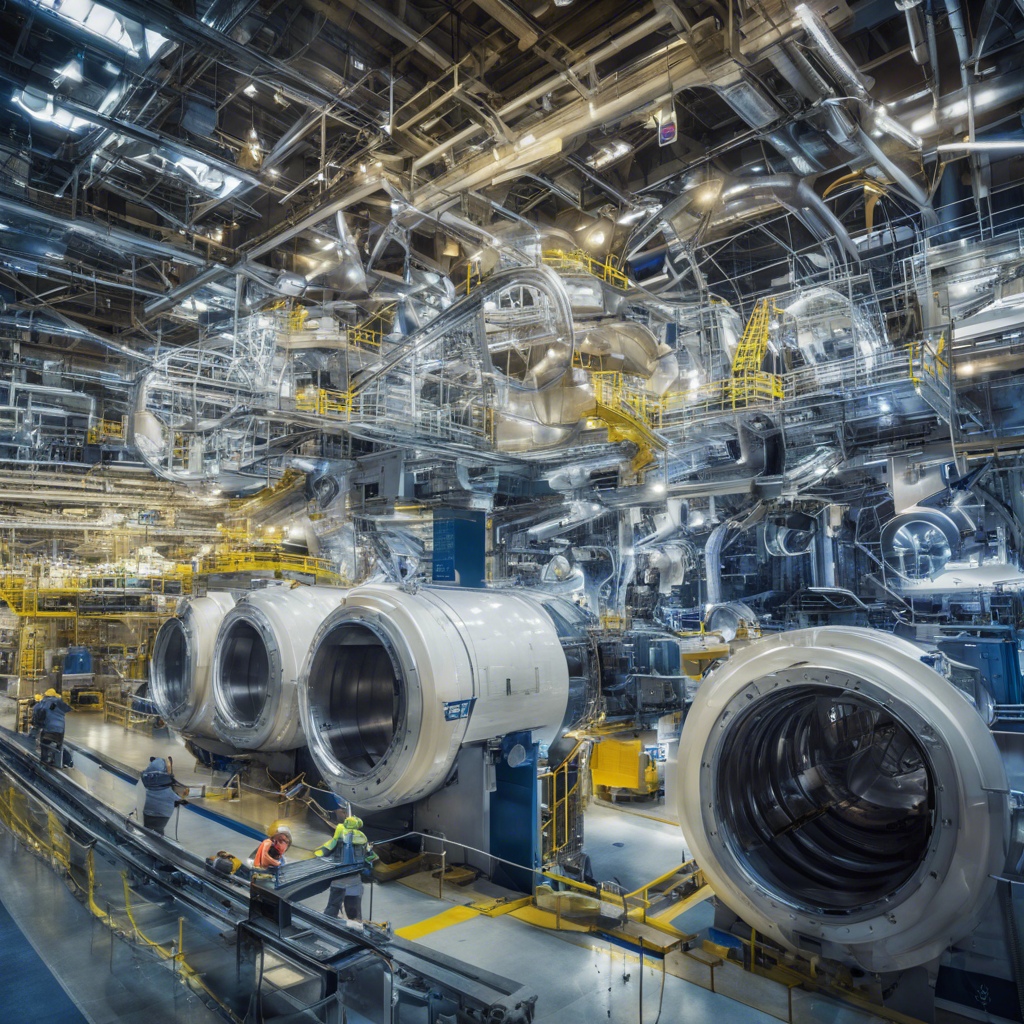The unprecedented circumstances and evolving political landscape shape the conventions
As the United States gears up for the 2020 presidential election, the Democratic National Convention (DNC) and the Republican National Convention (RNC) take center stage. However, this year’s conventions are unlike any before, as they navigate the uncharted waters of a global pandemic, civil unrest, and a rapidly changing political landscape. The conventions, traditionally grand spectacles of political theater, have been forced to adapt to the challenges posed by the COVID-19 pandemic, resulting in a shift towards virtual platforms and innovative approaches to engage voters. This article explores the unique aspects of the 2020 DNC and RNC and their significance in shaping the future of American politics.
The virtual revolution: Reimagining the conventions
The COVID-19 pandemic has disrupted every aspect of daily life, and the political arena is no exception. Both the DNC and RNC have had to abandon their traditional in-person formats and embrace virtual platforms. While this shift may seem like a logistical challenge, it has presented an opportunity for the conventions to reach a wider audience and engage voters in new ways. From virtual speeches and panel discussions to interactive online events, the conventions have leveraged technology to create an immersive and inclusive experience for viewers across the country.
A focus on social justice and racial equality
The events of 2020, including the killing of George Floyd and the subsequent protests, have sparked a national conversation on social justice and racial equality. This has had a profound impact on the conventions, with both the DNC and RNC placing a renewed emphasis on these issues. The DNC featured speakers such as former First Lady Michelle Obama and Senator Kamala Harris, who addressed the urgent need for systemic change and racial justice. On the other hand, the RNC highlighted African American speakers like Senator Tim Scott and former NFL player Herschel Walker, aiming to showcase diversity within the Republican Party and address concerns about racial inequality.
The battle for the soul of America
The 2020 presidential election is widely seen as a battle for the soul of America, with stark ideological differences between the two major parties. The DNC focused on unifying the Democratic Party behind the candidacy of Joe Biden, emphasizing the need for a compassionate and inclusive leader to heal the nation. Meanwhile, the RNC sought to rally support for President Donald Trump, highlighting his achievements in the economy, criminal justice reform, and national security. The conventions have become platforms for both parties to present their vision for the future of the country, further polarizing an already divided electorate.
The role of endorsements and star power
Historically, endorsements and star power have played a significant role in shaping public opinion during the conventions. This year is no different, with celebrities, politicians, and influential figures lending their support to the respective parties. The DNC featured endorsements from prominent figures like former President Barack Obama and Senator Bernie Sanders, while the RNC saw support from individuals such as former UN Ambassador Nikki Haley and businesswoman Kim Kardashian West. These endorsements not only serve to bolster the candidates’ credibility but also help mobilize their respective bases and attract undecided voters.
The impact on voter engagement and turnout
The conventions have traditionally served as a launching pad for the general election campaign, energizing supporters and mobilizing voters. However, with the shift to virtual platforms, the impact on voter engagement and turnout remains uncertain. While the virtual format allows for broader accessibility, there are concerns that the absence of in-person events may dampen enthusiasm and hinder the conventions’ ability to generate momentum. The true test will be seen in the coming months as the candidates and their campaigns strive to translate the convention’s energy into tangible voter turnout.
Conclusion:
The 2020 DNC and RNC stand as milestones in American political history, showcasing the adaptability of the conventions in the face of unprecedented challenges. From their virtual formats to their focus on social justice, these conventions reflect the unique circumstances of this moment in time. As the country grapples with a global pandemic, racial inequality, and political polarization, the conventions serve as a critical platform for both parties to articulate their visions for the future of America. The impact of these conventions on voter engagement and turnout remains to be seen, but their significance in shaping the political landscape cannot be understated.







